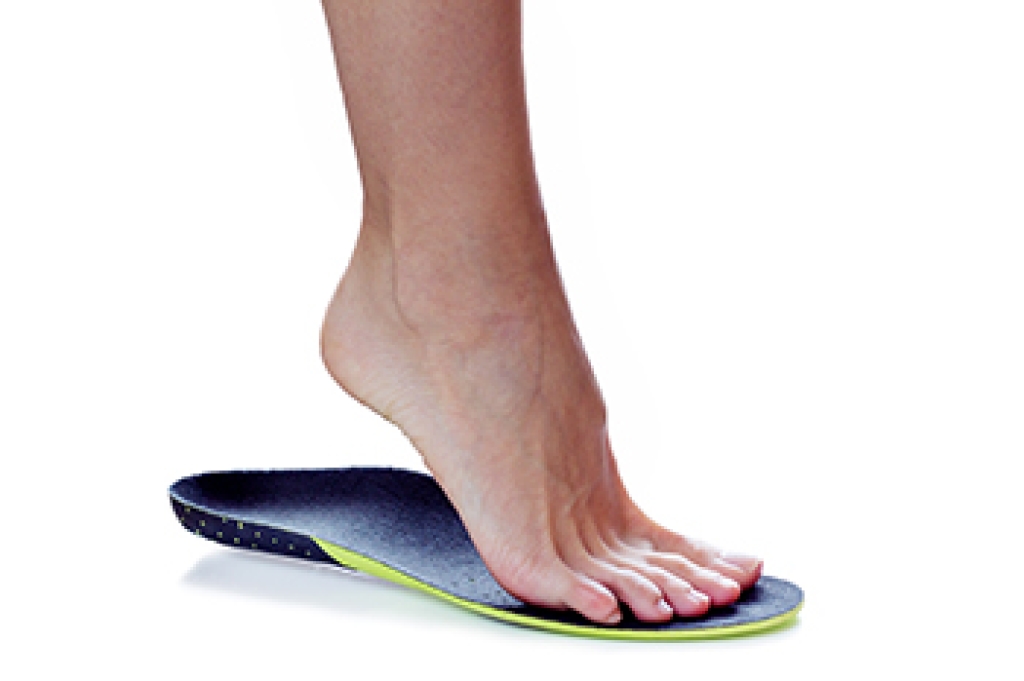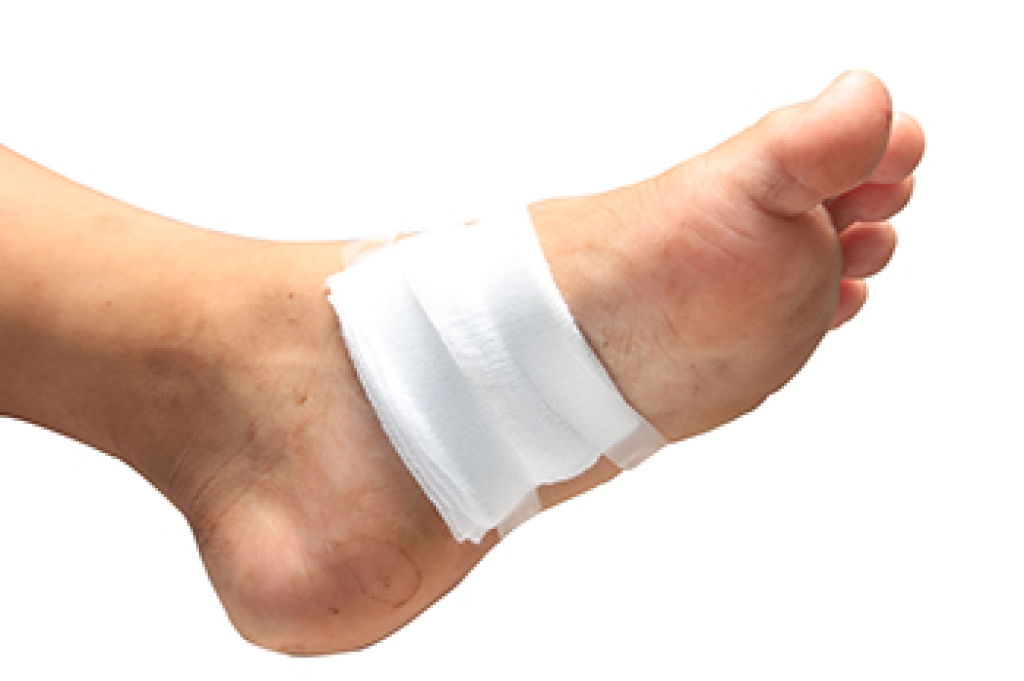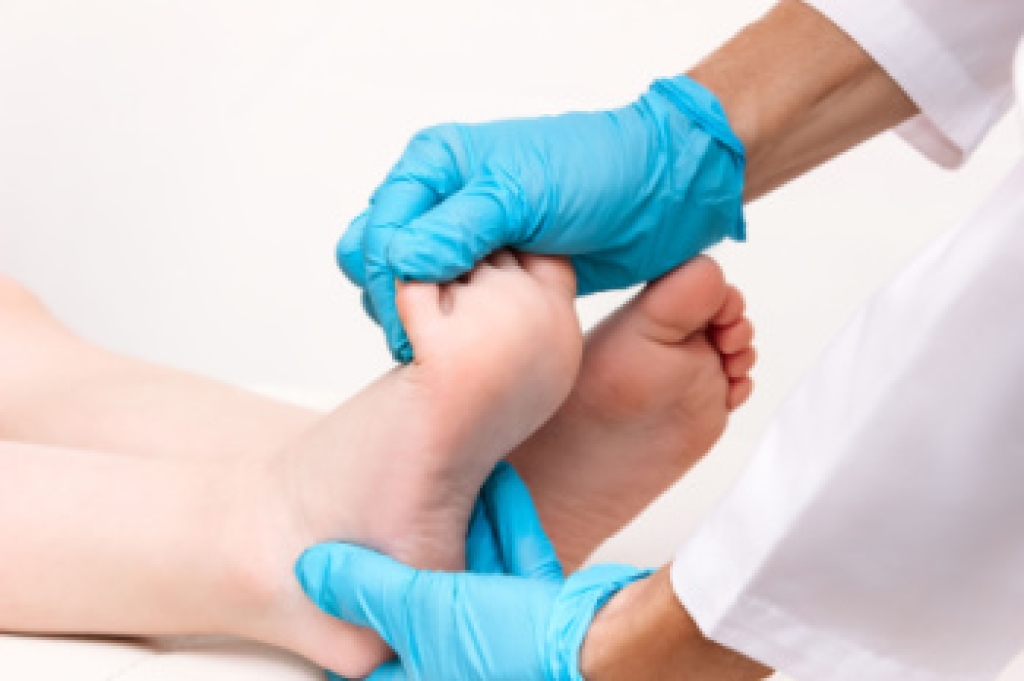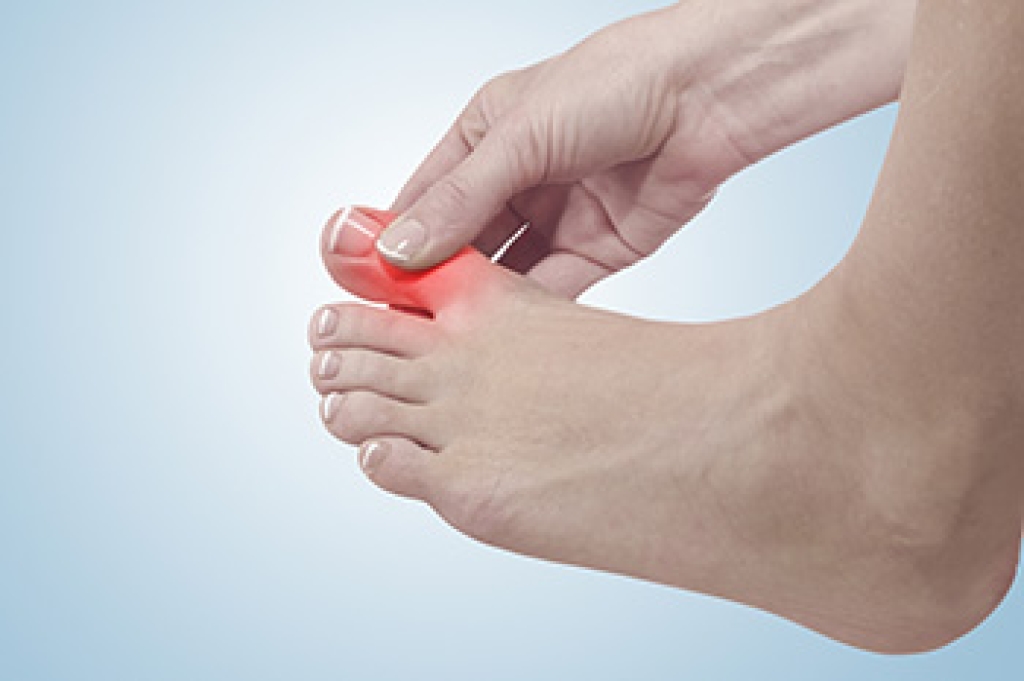
Waking up with sharp pain in one foot is a common complaint among those individuals living with plantar fasciitis. This condition, affecting only one foot in many cases, often makes the first step out of bed the hardest of the day. Research now shows that custom-made foot orthoses can significantly ease this initial pain. These devices are designed to match the unique structure of the affected foot, supporting the arch and reducing stress on the inflamed tissue. By correcting faulty foot mechanics and improving weight distribution, orthotics help reduce pressure at the heel during that first painful step. Over time, this support may promote healing and help restore more comfortable movement throughout the day. If you have persistent discomfort when stepping out of bed, it is suggested that you see a podiatrist for a proper diagnosis and appropriate treatment.
Experience a transformative solution to heel pain and foot pain through the personalized benefits of custom orthotics and shoe inserts. If you’re grappling with the persistent agony of plantar fasciitis, these customized inserts are designed to alleviate the strain on the plantar fascia, providing targeted relief. Engineered to adapt to your unique foot anatomy, custom orthotics tackle not only plantar fasciitis but also general foot and heel pain, offering unparalleled support and comfort. Don’t let every step be a reminder of discomfort; step into a world of tailored well-being. Say farewell to the limitations imposed by heel pain and embrace the freedom of pain-free mobility. Invest in your foot health and redefine your daily stride with the transformative power of custom orthotics and shoe inserts, ensuring each step is a step towards lasting comfort.
If you have any questions please contact our offices located in Manhattan and Brooklyn, NY . We offer the newest diagnostic and treatment technologies for all your foot and ankle needs.





